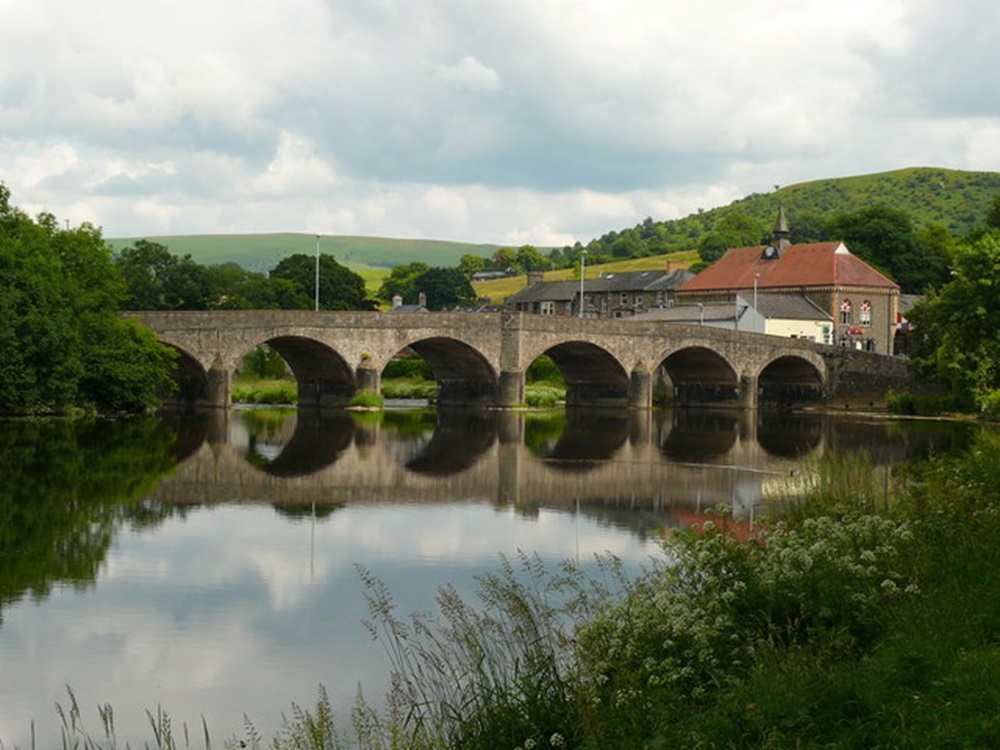UK Government wins legal challenge over Wye pollution

The UK Government has won a High Court challenge over the condition of a major river, as lawyers for anti-pollution campaigners say they have been “vindicated”.
Environmental charity River Action brought legal action against the Environment Agency (EA), arguing it is allowing destructive levels of nutrients from chicken manure to enter the river Wye.
The river, which runs for 130 miles from central Wales to the Severn Estuary in south-west England, was downgraded by Natural England to “unfavourable” for wildlife in 2023 after years of exposure to agricultural pollution and phosphates.
Ecological crisis
At a hearing in February, lawyers for River Action said it was not in dispute that the river was in an “ecological crisis” and the “single biggest contributor” to nutrient overload was agricultural run-off.
They claimed that the EA was acting unlawfully by failing to set out a “clear requirement” for people to comply with the requirements of a set of regulations from 2018 within a reasonable time frame.
The court heard that large amounts of manure are spread over farmland surrounding the Wye to help crop growth but an overabundance can lead to an increase of phosphorus and nitrogen in the soil.
When washed into the river by rainwater, the excess nutrients can cause prolonged algal blooms which turn the water an opaque green, harming plant and fish life.
Lawyers for the EA said it was policy to work with farmers to fix any breaches in the first instance, with enforcement as a last resort and denied arguments that the agency was not taking action against those who have breached the regulations.
In a judgment on Friday, Mr Justice Dove dismissed River Action’s claim.
Numerous potential sources
In his 58-page ruling, the judge said: “There are numerous potential sources capable of contributing to the phosphorus pollution in the Wye.”
And he added: “As a consequence, action is required not only under the 2018 Regulations, but also under other important regulatory regimes, and the enforcement of the 2018 Regulations is not the only requirement to address the issues facing the Wye Special Area of Conservation.”
He later said that it was “clear” that the EA is “intent upon enforcing” the regulations, and that issues related to the agency’s enforcement of them had “moved on” since the start of the legal claim.
Mr Justice Dove said: “Significant improvements have been made to the FAQs and internal supplementary guidance published by the defendant to address issues associated with the disconnect between its interpretation of the 2018 Regulations and that to be inferred from the statutory guidance.”
The National Farmers Union intervened in the case.
The High Court judge, who heard the case sitting in Cardiff, also said that farming practices will have to change, “if the claimant’s and the defendant’s interpretation of the regulations is to be complied with”.
Mr Justice Dove continued: “Whilst no doubt unwelcome to the intervener and its members, I am unable to accept that the evidence demonstrates the kind of impracticality or absurdity which justifies the rejection of the claimant’s and defendant’s case on this point.”
Appeal
Following the ruling, Charles Watson, River Action’s chairman, said the charity was considering an appeal.
He said: “We clearly have a number of reasons to be pleased with today’s judgment: River Action was deemed to have done the right thing in bringing this case to court; River Action’s interpretation of the law was considered by the judge to be correct with the NFU’s intervention being squarely dismissed and, most significantly, the environmental damage perpetrated by intensive farming practices has been acknowledged.”
The charity’s solicitor in the case Ricardo Gama added: “River Action feel vindicated in having brought their claim for judicial review.
“They believe that the dire state of the river Wye is in part because of a failure properly to enforce the rules that were put in place specifically to deal with agricultural pollution, the main cause of the decline in the health of the river.”
Support our Nation today
For the price of a cup of coffee a month you can help us create an independent, not-for-profit, national news service for the people of Wales, by the people of Wales.







Loop holes big enough to pull a slurry tanker through…